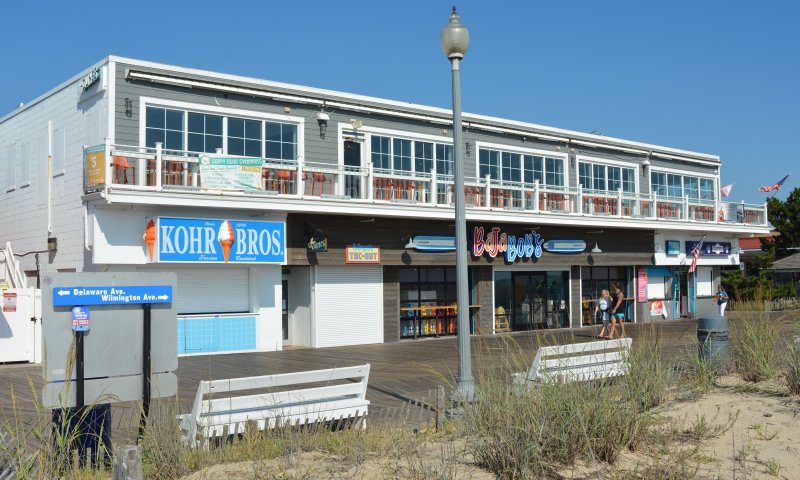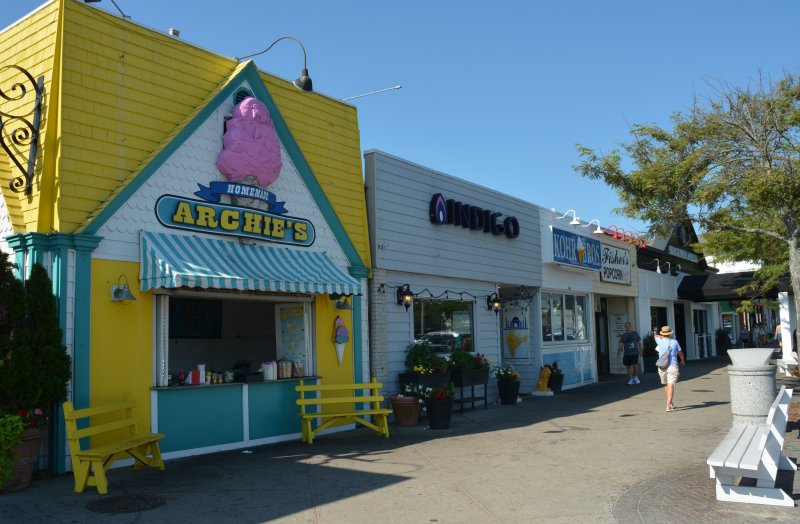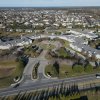Rehoboth planning yearly restaurant inspections
In an effort to keep restaurants in line with city code, Rehoboth Beach officials recently announced the city would conduct inspections of all restaurants in town beginning the week of Sept. 8. The purpose of these inspections is to ensure compliance with grease interceptors and, where appropriate, with permits of compliance.
Building and Licensing Interim Director Corey Shinko said the intent is to perform these inspections on an annual basis, which, moving forward, will take place before the season begins. However, he said, seeing as this has not been done at this scale in many years, if ever, the department is using the time this year to help educate restaurant owners so they can bring their operations into compliance with the goal for 2026 and beyond.
There are rules in place for restaurants to follow — the city does not allow fats, oils and/or greases to be washed off kitchen mats or other equipment onto streets/alleys/parking lots behind or next to restaurants. All collected grease waste must be kept and stored in steel or plastic leakproof drums. If the drums are open or the lids are loose, rainfall and/or transporting the drums can cause splashing, and the grease can then make its way into the stormwater drains.
As part of the inspection, code enforcement officers and staff from the city’s wastewater department will review grease interceptor records at all businesses that serve food. In addition, all restaurants that serve alcohol will undergo review of floor plans, outdoor dining areas, patio and bar areas, and dance floors for agreement with issued permits of compliance.
The city will inspect approximately 100 restaurants in total, said Shinko. Of those, 56 restaurants that serve alcohol, and have not already been inspected this year, will be inspected for permits of compliance, he said.
Depending on if a restaurant serves alcohol or if problems are found, Shinko said each inspection will take approximately 30 minutes. It will take two to three weeks to inspect all the restaurants, he said.
All restaurants will be inspected in a uniform and consistent method with standardized checklists. Building and licensing will offer copies of the inspection checklists prior to the inspections to any restaurant that requests one, said Shinko. Also, he said, code enforcement officers will be going door to door as the inspection start date approaches to introduce themselves and provide answers to any questions before the inspections begin.
There wasn’t a specific issue that spurred the inspections; they are addressed in the city code, said Shinko. This is an effort by building and licensing to meet the standards of the code and improve overall bookkeeping, he said.
As with any community that has restaurants, there is concern about restaurant food waste contributing to stormwater contamination issues, said Shinko.
The city is giving restaurants the option to schedule a specific inspection date. Shinko said three restaurants have reached out so far, and the department welcomes any questions the community may have.
Chris Flood has been working for the Cape Gazette since early 2014. He currently covers Rehoboth Beach and Henlopen Acres, but has also covered Dewey Beach and the state government. He covers environmental stories, business stories and random stories on subjects he finds interesting, and he also writes a column called Choppin’ Wood that runs every other week. He’s a graduate of the University of Maine and the Landing School of Boat Building & Design.























































